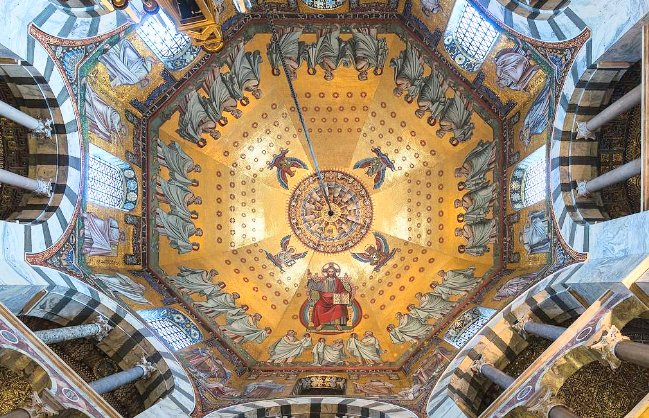31st JULY: BLESSED EVERALD HANSE
~thread~
1. Bl. Everald was born Northamptonshire, educated at Cambridge, and his brother William, who had become a priest in 1579 tried to convert him, but in vain until a sharp attack of illness made him enter into himself.
Bl. #EveraldHanse
~thread~
1. Bl. Everald was born Northamptonshire, educated at Cambridge, and his brother William, who had become a priest in 1579 tried to convert him, but in vain until a sharp attack of illness made him enter into himself.
Bl. #EveraldHanse

2. He then went over to Reims (1580-1581),was ordained, and returned but his ministry was very short.
In July he was visiting in disguise some Catholic prisoners in the Marshalsea, when the keeper noticed that his shoes were of a foreign make.
#CatholicChurch #CatholicTwitter
In July he was visiting in disguise some Catholic prisoners in the Marshalsea, when the keeper noticed that his shoes were of a foreign make.
#CatholicChurch #CatholicTwitter
3. He was then closely examined and discovered as a priest.
As yet there was no law against priests, and to satisfy the hypocritical professions of the government's persecutors, it was necessary to find some treason of which he was guilty.
#history #secular #government
As yet there was no law against priests, and to satisfy the hypocritical professions of the government's persecutors, it was necessary to find some treason of which he was guilty.
#history #secular #government
4. He was asked in court at the Newgate Sessions, what he thought of the pope's authority, and on his admitting that he believed him "to have the same authority now as he had a hundred years before", his words were at once written down as his indictment,
#martyrs #martyrsday
#martyrs #martyrsday
5. and when he was further asked whether he wished others to believe as he did, he said "I would have all to believe the Catholic faith as I do." A second count was then added that he desired to make others also traitors like himself.
He was at once found guilty of "persuasion"
He was at once found guilty of "persuasion"
6. (high treason). He was therefore in due course sentenced and executed at Tyburn on 31 July 1581.
The martyr's last words were "O happy day!" and his constancy throughout "was a matter of great edification to the good".
(Excerpts from Catholic Encyclopedia, 1913) #eternity
The martyr's last words were "O happy day!" and his constancy throughout "was a matter of great edification to the good".
(Excerpts from Catholic Encyclopedia, 1913) #eternity
• • •
Missing some Tweet in this thread? You can try to
force a refresh








